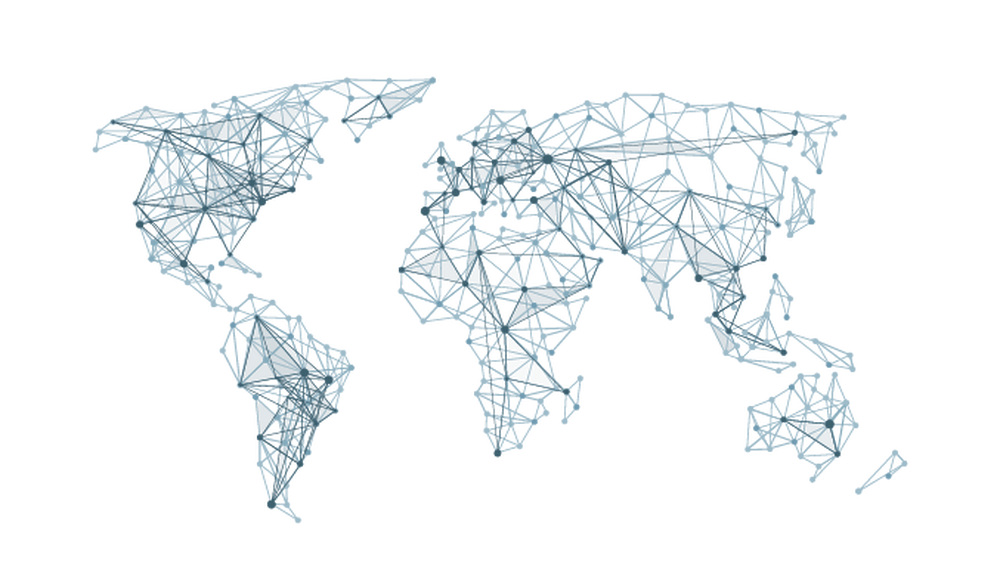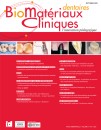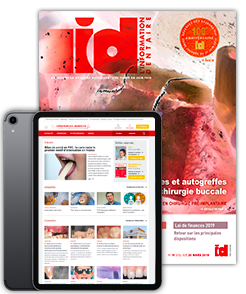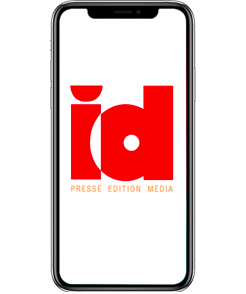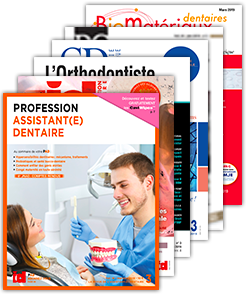Professeur à la Faculté de Sciences médicales de l’Université de Talca au Chili, Rodriguo Giacaman est un expert international en cariologie. Il est notamment à l’origine de récents travaux et publications sur l’impact de la nutrition dans le processus carieux. Il nous a fait le grand plaisir d’accepter une rubrique sur cette thématique et nous livre, dans ce premier article, matière à réviser nos dogmes sur l’étiologie et la pathogenèse de la carie dentaire.
Conceptual ideas on dental caries have drastically changed over the past 2 decades. Consequently, an intense discussion on how to approach the disease has occupied important parts of the scientific agenda. Among many new ideas, research discoveries and technologies, the idea of caries as a non-communicable disease (NCD) and the role of sugars in its causation are highlighted as the main paradigmatic changes the dental profession is currently facing.
Dental caries shares characteristics attributed to other recognized NCDs, such as cardiovascular diseases, chronic respiratory diseases, all type of cancer and diabetes. Caries and other NCDs are of long duration, not transmissible from one person to another, have modifiable risk factors, affect vulnerable and socially disadvantaged populations, are preventable when acting on modifiable risk factors, and demand an interdisciplinary management.
The high caries prevalence and its individual and social consequences, require innovative strategies for a more effective management. This article presents an overview of the current understanding of the disease and discusses caries management based on these concepts.
The non-communicable or chronic nature of the caries disease
Caries prevalence is far from decreasing. As a matter of fact, untreated caries is one of the most prevalent non-communicable disease in humans, affecting about 35% of the world population [1]. Remarkably, from 1990 to 2010, the burden1 of the disease has remained basically unchanged.

